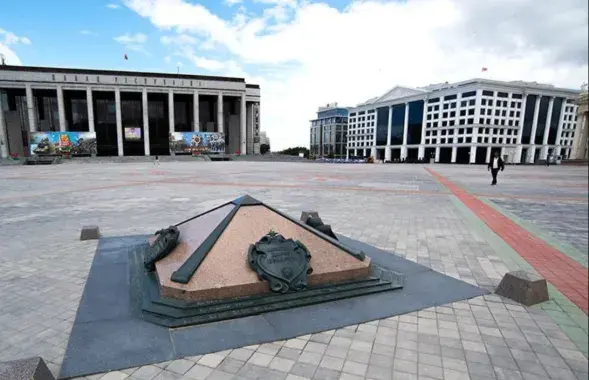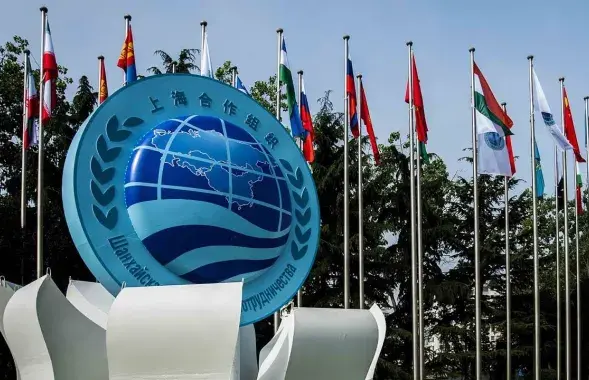Ex-policeman says Synesis did help to identify Belarus protesters

Synesis office / Synesis
The Synesis-made Kipod software was used by law enforcement agencies to identify participants of peaceful protests in Belarusian cities, according to a former employee with the Organized Crime and Corruption Task Force (GUBOPIK) Stanislau Lupanosau. After the murder of Raman Bandarenka, he resigned from the police and joined organization of former Belarusian police and security officers who resigned in protest to the falsification of election and police violence against protesters.
Because of this software, Synesis was put on the EU sanctions list. But the company argued that suspicions of cooperation with the security forces were unfounded and even planned to sue over the decision.
"I personally worked with this software. Its algorithms are used to identify people," Lupanosau said in an interview with TUT.BY.
He also said that some specialists of the "K" unit (cybercrimes), who were involved in the identification of protesters with the help of Kipod, were not always in a hurry to let things develop.
"They look at the photo: it's doctor, a normal person. They do not file a report, as if the personality was not established. There have been cases like that," said Lupanosau.
According to Lupanosau, about 400 employees of the Interior Ministry's central office put their signature for Viktar Babaryka during the nomination of candidates for the 2020 presidential elections. Their names were later discovered in the lists, which were digitized in the ex-banker's headquarters.
"Now the employees who signed for Babaryka do not get their contracts renewed. The same happens with those who do not pass the polygraph. After the election, they started asking whether the person voted for Lukashenka," says the former policeman.
Lupanosau also debunks the statements from the Interior Ministry officials that the events of August and fall last year cemented the togetherness of law enforcement personnel. "In fact, the officers looked broken and disappointed in the system," he says. Both de-anonymization and a loss of public trust were painful for the officers, he said.
"We felt almost immediately the damage to the image of the police. Operatives went to conduct a search, you need to find witnesses for that, and people refused en masse, some were very nagative about it. Arriving at a place and not finding a witness was unheard of," says the former police officer.
Lupanosau recently featured in a propaganda video about initiative broadcast on Belarusian state TV.

















